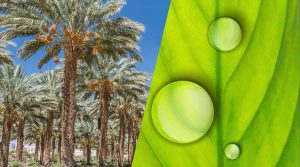
Use of foliar spray method for nutrition of date palm production
Tunis, Tunisia (May 07, 2023) – Foliar spraying is a new process and can be essential in feeding date palm because it helps solve low

Tunis, Tunisia (May 07, 2023) – Foliar spraying is a new process and can be essential in feeding date palm because it helps solve low

Gutenborn, Allemagne (08 mai 2023) – Malheureusement, un concurrent diffuse délibérément des affirmations fausses sur les produits de la marque “SANBIO” fabriqués par SANBOS GmbH

Gutenborn, Germany (May 08, 2023) – Unfortunately, a competitor is deliberately spreading untrue claims about the “SANBIO” brand products manufactured by SANBOS GmbH – Germany.
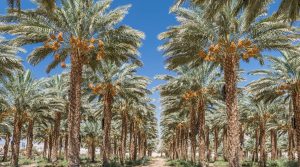
Evaluation of performance of biostimulants Sanbio EPSOMIT and Sanbio PLANTA on production parameters and soil paramaters on date palm production (Phoenix dactylifera L.) in Tunisia

Evaluation of effects of feed additive Sanbio SANA on weight gain and carcass characteristics of Lambs, Germany
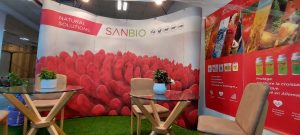
See story from Sfax, Tunisia, 2022
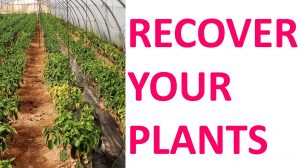
See story from Sfax, Tunisia, 2022
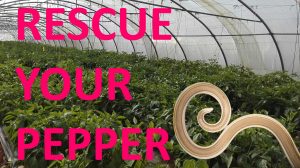
See story from Gabes, Tunisia, 2022
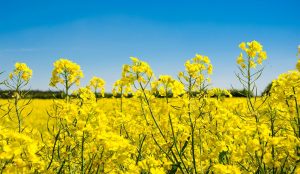
The aim of this study is to evaluate the effects of ferti-activator Sanbio EPSOMIT on productivity of oilseed rape variety ´DK Exbury´.

Effective from January 12, 2022, AGRI UP DISTRIBUTION SARL is appointed as SANBOS’s exclusive distributor for Tunisian and Libya for our extended SANBIO product range, devoted to the crop farming, livestock and aquaculture sector.
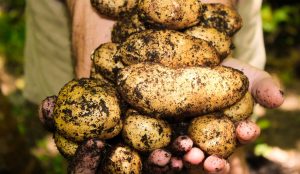
Evaluation of performance of ferti-activator Sanbio EPSOMIT and PLANTA on the productivity of potato variety ´Spunta´ compared to standard NK fertilizer in organic farming
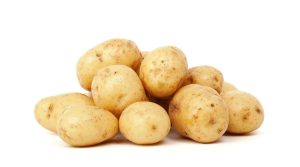
Evaluation of performance of ferti-activator Sanbio EPSOMIT and PLANTA on the productivity of potato variety ´Spunta´ in organic farming
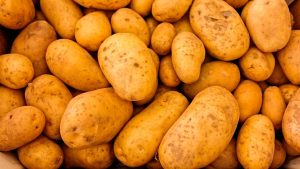
Evaluation of performance of ferti-activator Sanbio EPSOMIT and PLANTA on the productivity of potato variety ´Spunta´ in organic farming

SANBOS wins “Biotechnology of the Year”
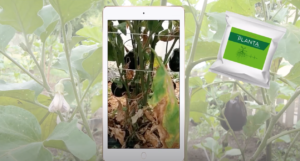
The company SIMA AGRO EST uses Sanbio PLANTA successfully for recovery of Fusarium
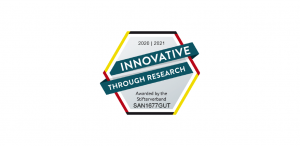
SANBOS GmbH got the award
“Innovative through research” 2020/2021
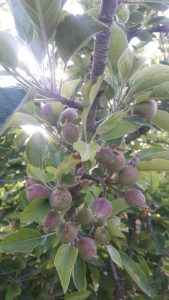
Aït Mouli – Midelt, Morocco (June 04, 2020) – Mr. Aziz ABBASSI has a medium sized apple orchard in Aït Mouli near Midelt, Morocco.

Abidjan, Cote d’Ivoire (May 13, 2020) – We are pleased to announce the partnership with Abidjan based AFRICAGRI as the new distributor of our innovative agricultural solutions in the Western Africa region, namely: Ivory Coast, Mali, Burkina Faso, Guinea Conakry, Niger, Togo, Benin, Senegal, Nigeria, Ghana, Kenya.
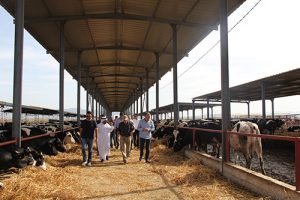
SMADEA uses Sanbio ESPOMIT to produce cereals and grass for animal feed production (Tunisia)
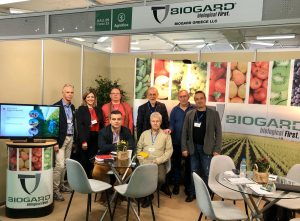
Athens, Greece (January 27, 2020) – We are delighted to announce a partnership with BIOGARD Greece LLC as the new exclusive distributor of our innovative agricultural solutions in Greece.
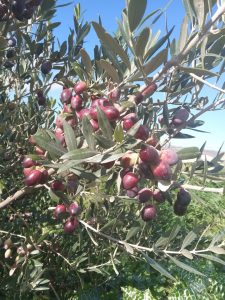
Effect of ferti-activator Sanbio PLANTA in controlling Verticillum wilt disease of olive (Tunisia)
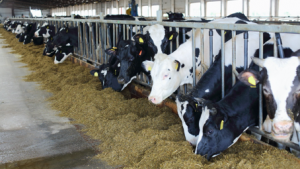
How we deal with somatic cells for better milk
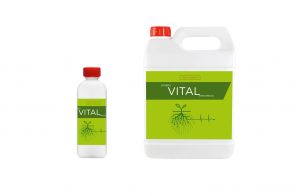
Gutenborn, Germany (November 01, 2019) – SANBOS GmbH will launch next generation of ferti-activator Sanbio VITAL powered by innovative Sanbio Biocytalytic Stimulation Technology. With the introduction of this next generation ferti-activator from SANBOS, farmers will be able to enjoy strong and long-lasting growth, pest and disease control with minimal dosage rate.
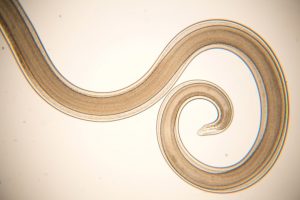
Tehran, Iran (October 18, 2019) – Tylenchulus semipenetrans is one of the most common disease in citrus orchards which significantly reduces citrus production worldwide. Investigation showed a wide spread of this nematode in citrus orchards and approximately 90% of the orchards sampled were infected with citrus nematodes.
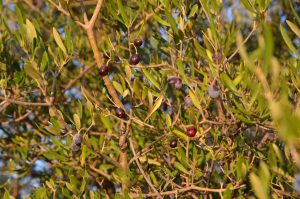
Bir Bouregba, Tunisia (December 21, 2018) – Verticillium wilt is a most important disease of olives (Olea europaea). It affects olive trees in commercial orchards and landscape plantings. This disease is caused by soil-borne fungi, Verticillium alboatrum and V. dahliae. Root knot nematode, lesion nematode, and Texas root rot also infect the roots of olive. If the verticillium wilt fungi are present in the soil when one of these three attack, then the verticillium wilt fungi can more easily enter the olive.
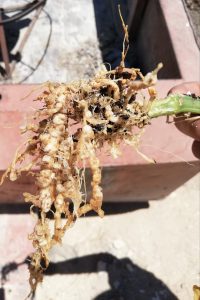
Amman, Jordan (December 15, 2018) – Root-knot nematodes, RKNs (Meloidogyne species and races) are widely distributed throughout the irrigated agricultural areas in Jordan.
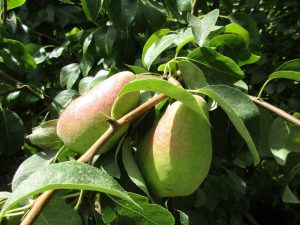
The study was conducted to evaluate the efficacy of ferti-activator Sanbio PLANTA on yield, fruit caliber, diameter, and length of fruits. The pear trees are attacked by fireblight strongly.
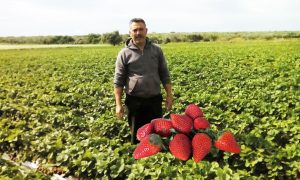
My amazing strawberry harvest 2018 season
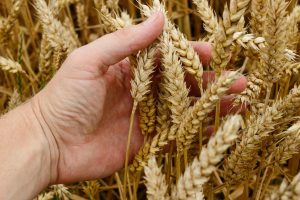
Pont de Bizerte, Tunisia (August 15, 2018) – The production of wheat seed in Tunisia suffers from major problems in terms of yield, quality and production costs. The aim of this study is to evaluate the effects of ferti-activator Sanbio EPSOMIT on productivity and production costs.
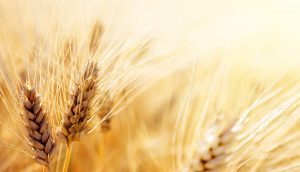
Béjà, Tunisia (August 08, 2018) – Durum wheat production in Tunisia is an important part of agricultural production. Tunisia wants to achieve stable production of cereals, especially wheat. Cereals cultivation in Tunisia is still dependent on climatic conditions and is subject to severe droughts and suffers from problems of yield, quality and production costs.
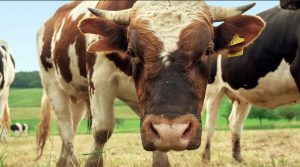
Evaluation of effects of feed additive Sanbio SANA on performance, feed metabolism and heavy metal salt detoxification in young fattening bulls, Germany

From yellow to green. The fast recover of our sport lawn in Olympic Stadium Rades

University of Sfax approved efficacy of feed additive Sanbio SANA on poultry
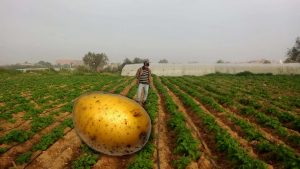
Téboulba, Tunisia (August 20, 2017) – The production of potato in Tunisia suffers from major problems in terms of yield, quality and production costs. The aim of this study is to evaluate the effects of ferti-activator Sanbio EPSOMIT on productivity of potato variety `Spunta´.
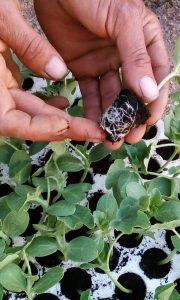
Magic root booster for your plant nursery – Sanbio PLANTA
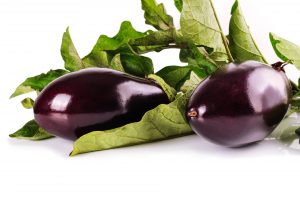
Perfect ! My +31% more eggplant harvest.
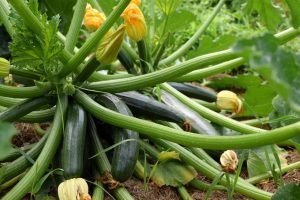
The secret for +25% more zucchini
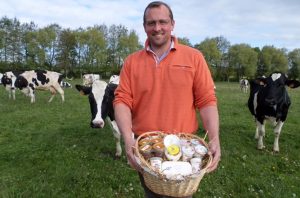
My way for more better milk and less somatic cells

How to extent the production time of egg-laying hens
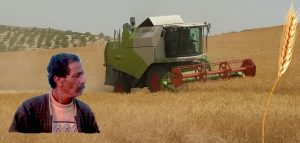
Béjà, Tunisia (June 15, 2017) – The production of wheat seed in Tunisia suffers from major problems in terms of yield, quality and production costs. The aim of this study is to evaluate the effects of ferti-activator Sanbio EPSOMIT on productivity and production costs on wheat variety ´Mâali´.
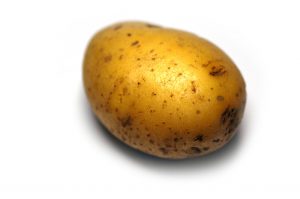
WOW, my large tuber harvest
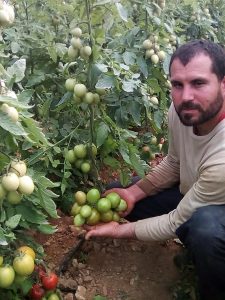
Békalta, Tunisia (March 13, 2017) – Verticillium Wilt, one of the most widespread and destructive soil-borne diseases of plants, attacks a large number of woody and herbaceous species throughout the world. The causal fungus, Verticillium dahliae, infects susceptible plants through the roots and invades and plugs the water conducting tissues. Verticlllium is especially damaging to tomatoes worldwide.
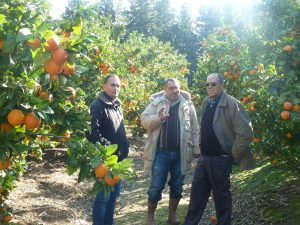
Bi’r Marwah, Tunisia (March 10, 2017) – Citrus are strategic fruits of the Tunisian agriculture sector. Maltese oranges, navel oranges, clementines, lemons, and mandarins are the leading citrus crops grown in Tunisia. Production has steadily increased during the last decade mainly for export into EC. However, the farmers facing to huge challenges at the time, climate change, water supply, diseases and increased production costs.
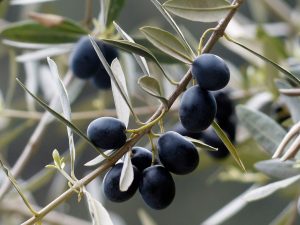
Sidi Bouzid, Tunisia (March 01, 2017) – Root rot and wilt disease complex were detected during disease survey carried out through two successive seasons (2013 and 2014) in several new olive orchards in Sidi Bouzid, Kairouan and Kasserine.
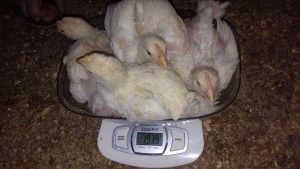
Save money profit more in broiler chicken farming
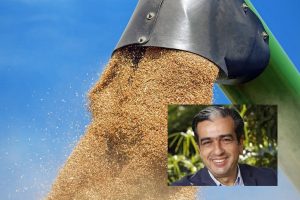
Jendouba, Tunisia (August 16, 2016) – The production of wheat seed in Tunisia suffers from major problems in terms of yield, quality and production costs. The aim of this study is to evaluate the effects of ferti-activator Sanbio EPSOMIT on productivity and production costs on cereals varieties ´Mâali´ and ´Mahmoudi´.
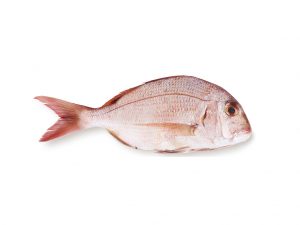
Evaluation of efficacy of functional feed Sanbio MARE on Red Sea Bream

How to make drinking water for chicken clean and healthy
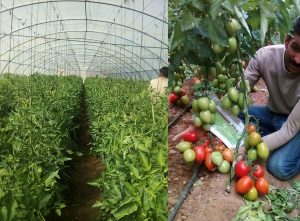
How I rescued my tomato harvest from Mildew without chemicals
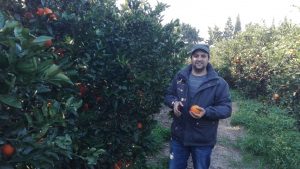
Bouargoub, Tunisia (March 04, 2016) – Citrus are strategic fruits of the Tunisian agriculture sector. Maltese oranges, navel oranges, clementines, lemons, and mandarins are the leading citrus crops grown in Tunisia. Production has steadily increased during the last decade mainly for export into EC. However, the farmers facing to huge challenges at the time, climate change, water supply, diseases and increased production costs.
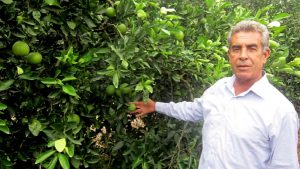
Bouargoub, Tunisia (March 04, 2016) – Citrus are strategic fruits of the Tunisian agriculture sector. Maltese oranges, navel oranges, clementines, lemons, and mandarins are the leading citrus crops grown in Tunisia. Production has steadily increased during the last decade mainly for export into EC. However, the farmers facing to huge challenges at the time, climate change, water supply, diseases and increased production costs.
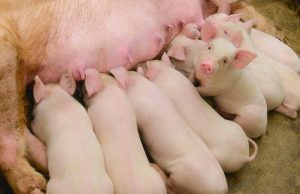
Belgorod, Russia (February 15, 2016) – The present study was planned to investigate the effect of feed additives Sanbio SANA on the performance of the piglets when supplemented into diet of pregnant sows.
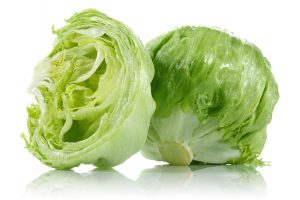
Best harvest. Primed-Sanlucar harvesting +17% more salad in Tunisia.
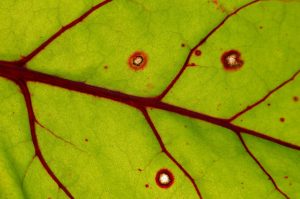
Tunis, Tunisia (November 23, 2015) – Worldwide, 20–25% of all harvested fruit and vegetables are lost annually in the field and throughout the postharvest supply chain due to rotting by fungal pathogens. Botrytis Grey Mould infects over 200 plant species, causing grey mould, evident on the surface as grey fluffy mycelium. Worldwide, it causes annual losses of $10 billion to $100 billion. It is able to counteract a broad range of plant defence chemicals.
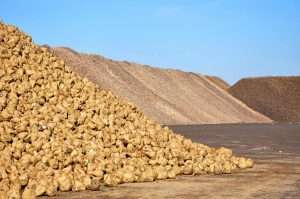
Göldenitz, Germany (November 13, 2015) – The production of sugar beet in Europe suffers from major problems in terms of yield, quality and production costs. The aim of this study is to evaluate the effects of ferti-activator Sanbio PLANTA on productivity and quality of sugar beet variety ´Annika´.
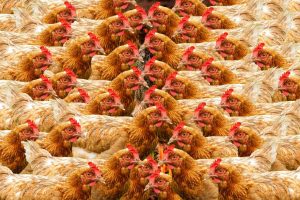
That feed additive for broiler diet works. Read the scientific proof.
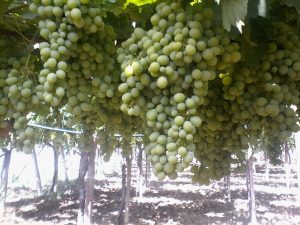
Tunis, Tunisia (November 01, 2015) – At first glance, Tunisia appears to be too hot for wine production. Located on the northern coast of Africa, bordered by Libya and Algeria, with the Saharan Desert on the southern border and the Mediterranean Ocean on the eastern edge, it has a Mediterranean climate with maritime influences, very much like Sicily. Except for the rare blast of hot Saharan wind known as Sirocco, the climate is very conducive to growing grapes.

Boost your milk production
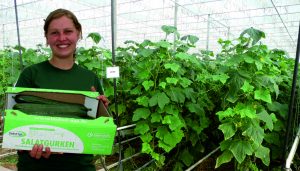
Gera-Aga, Germany (September 30, 2015) – The interest of German consumers in organic vegetables remains stable. Another clear trend is towards high-quality convenience products in organic quality. A ‘green is good’ mentality is still very common in Germany.
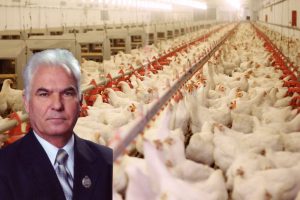
15.1% less costs in broiler chickens breeding
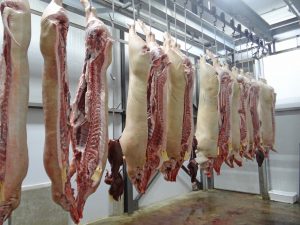
Belgorod, Russia (September 18, 2015) – The present study was planned to investigate the effect of feed additive Sanbio SANA on the performance on fattening pigs
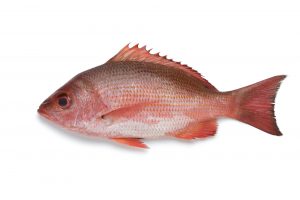
Evaluation of efficacy of functional feed Sanbio MARE on Red Purple Snapper
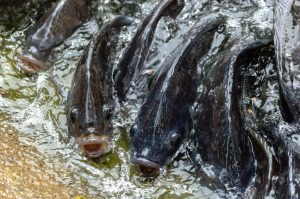
Evaluation of efficacy of functional feed Sanbio MARE on Red Tilapia
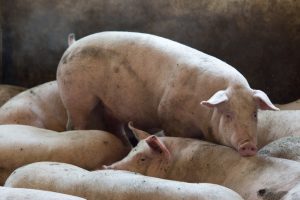
UK pig farm achieves +73g/d daily weight gain on fatteners with performance-enhancing additives
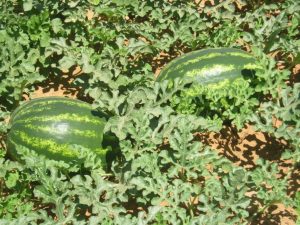
Sidi Bouzid, Tunisia (July 01, 2015) – Characterized by a specific microclimate, the region of Sidi Bouzid has become an early watermelon production area known not only nationally but also internationally. In view of the over-exploitation of plots and monoculture (cucurbitaceae/ cucurbitaceae), several mainly land-based diseases are causing more and more damage.
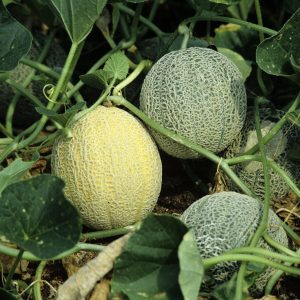
Sidi Bouzid, Tunisia (June 30, 2015) – The study was carried out in the Sidi Bouzid region on a melon crop of the variety ´Babii´ planted in an area of one ha. The choice of the melon variety used is based on its sensitivity to Fusarium oxysporum f. sp. melonis and on the other hand, it is a variety very appreciated by the Tunisian consumer.
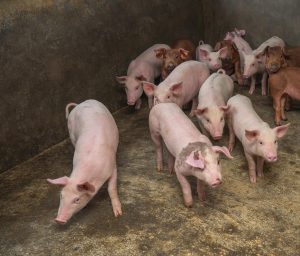
Belgorod, Russia (June 19, 2015) – Weaning is a stressful experience for young weaners, affecting them both socially and physiologically. In many piggeries weaning is more stressful than it should be, with severe growth checks and even deaths. These deaths and growth checks have a large impact on grower herd performance, resulting in reduced profitability. However, high standards of management can dramatically reduce postweaning losses and improve growth rates by moderating the stress of weaning. The shorter the suckling period, the more sophisticated the housing, feeding and management skills required to raise the weaners.

Belgorod, Russia (June 19, 2015) – Weaning is a stressful experience for young piglets, affecting them both socially and physiologically. In many piggeries weaning is more stressful than it should be, with severe growth checks and even deaths. These deaths and growth checks have a large impact on grower herd performance, resulting in reduced profitability. However, high standards of management can dramatically reduce postweaning losses and improve growth rates by moderating the stress of weaning. The shorter the suckling period, the more sophisticated the housing, feeding and management skills required to raise the piglets.
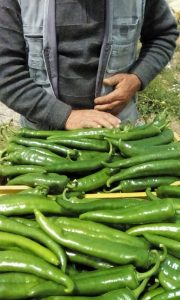
Békalta, Tunisia (March 06, 2015) – Root-knot nematodes, RKNs (Meloidogyne species and races) are widely distributed throughout the irrigated agricultural areas in Tunisia.
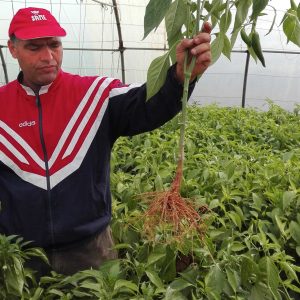
Békalta, Tunisia (March 06, 2015) – Root-knot nematodes, RKNs (Meloidogyne species and races) are widely distributed throughout the irrigated agricultural areas in Tunisia.

The organic bio-stimulator PLANTA beats synthetic fungicide in controlling Fusarium in tomato
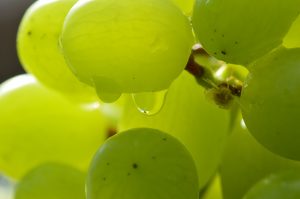
Naumburg, Germany (November 21, 2014) – With nearly 45 percent of the world’s acreage, Germany is a top Riesling producer. Of all the grapes of Germany, the most noble is the Riesling — a variety that can do well even in stony soil and can subsist on a minimum of moisture.
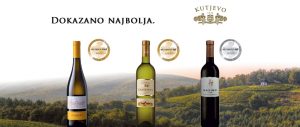
Kutjevo, Croatia (November 18, 2014) – Just a stone’s throw from Italy across the Adriatic Sea, Croatia has been producing wine for more than 2,400 years. Its coastal wine regions and islands have harbored vineyards since the Illyrians first planted vines there during the Bronze Age, and a long, rich viticultural history led to the birth of hundreds of native varieties.

Zug, Switzerland (October 07, 2014) – SANBOS GmbH is happy to announce a partnership with Zug based GEOCON group as the new General Representative of their innovative agricultural solutions in the CIS countries
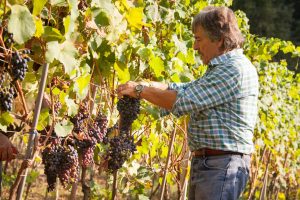
Laucha, Germany (October 06, 2014) – Vines have been cultivated since AD 998 on the hillsides lining the Saale and the Unstrut rivers which lend
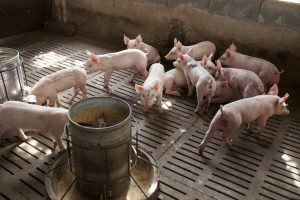
Evaluation of efficacy of SANBIO additives for feed, water and manure on productive performance of weaners, Russia

Two organic bio-stimulators you should not miss for controlling Fusarium in tomato greenhouse production
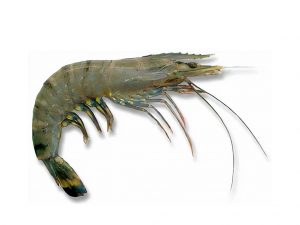
Evaluation of efficacy of functional feed additive Sanbio SANA on White Leg Shrimp
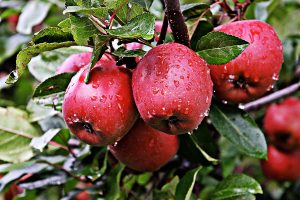
Höhnstedt, Germany (September 05, 2014) – This field trial is to demonstrate the efficacy of the lowest recommended dose of the ferti-activator Sanbio EPSOMIT by targeting production and sensitive parameters of apple trees variety ´Red Jona Prince´in comparison to untreated trees.
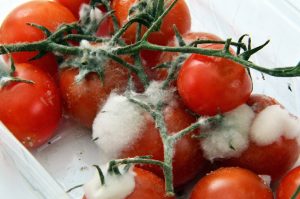
Gera-Aga, Germany (September 03, 2014) – The interest of German consumers in organic vegetables remains stable. Another clear trend is towards high-quality convenience products in organic quality. A ‘green is good’ mentality is still very common in Germany. Fresh-cut products need much service time, manpower and benefit an increased risk for manufacturers and retailers. The price difference to the standard products is still relatively large. It is not yet fully understood by German customers that cost for convenience products are quite high.
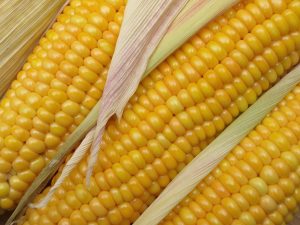
Drossdorf, Germany (September 01, 2014) – The cultivation of Maize in Germany is undertaken primarily to produce feed for cows, pigs and poultry (maize for silage including green-maize, grain maize, corn cob mix, maize coarse meal with husks). As well as being used for producing sugar, grain is also used by the food industry to produce maize-meal-products, snacks, cornflakes etc., and in pharmaceutical processes. As a renewable raw material, maize starch is used in the manufacture of paper and cardboard. In Germany the area cultivated with maize amounted to 2.52 million ha in 2017.

Motril, Spain (December 12, 2011) – The experimental products Sanbio PLANTA and Sanbio VITAL were tested in a commercial field in order to evaluate its effect on tomato crop development, compared to development in untreated plots. The experimental products produced an advance in tomato ripening and higher yields in the first pickings.

Evaluation of efficacy of functional feed Sanbio MARE on Rainbow Trout

Zeitz, Germany (January 29, 2009) – We are very happy to announce that we won the ´CROP POWER AWARD´ 2008! What an honour!
© 2024. ALL RIGHTS RESERVED. SANBOS GMBH